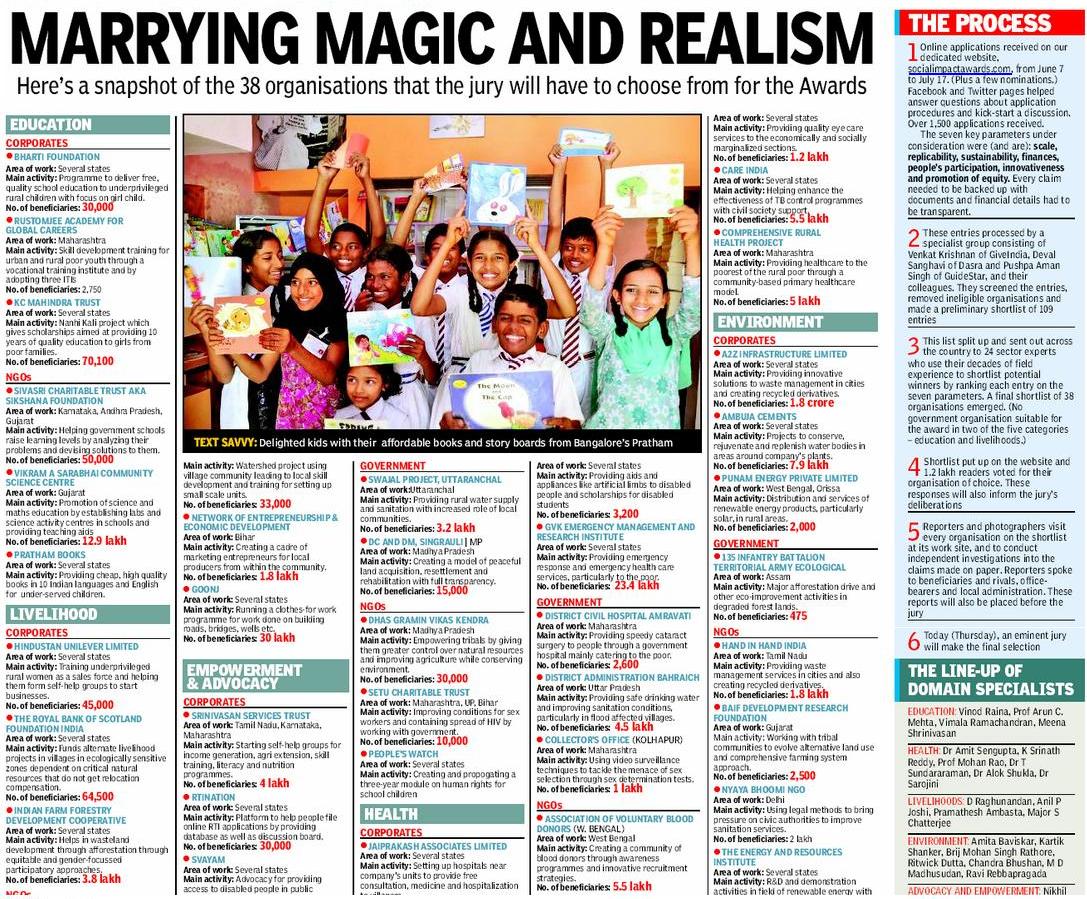Dear Colleagues,
Archeological Survey of India plans to provide battery powered wheelchairs to make World Heritage Sites of Ajanta & Ellora Caves accessible to those living with disabilities. Svayam had undertaken access audit of Agra Fort, Taj Mahal & Fatehpur Sikri group of monuments and shared detailed audit reports with the Archeological survey of India recommending these batterly powered wheelchairs and vehicles which has been accepted by the ASI to be incorporated at other world heritage sites also.
Here is the news from Gulf News:
World-famous caves to offer access to disabled
Battery-powered vehicles to be provided by Archaeological Survey of India at Ajanta and Ellora sites.
By Pamela Raghunath, Correspondent Published: 00:00 March 23, 2012
Mumbai: Disabled tourists are to be given access to the world-famous Ajanta and Ellora rock-cut caves via battery-powered vehicles.
As part of its 150th anniversary celebrations, the Archaeological Survey of India is to provide the vehicles which can transport up to five people per trip to the caves, in Aurangabad, Maharashtra.
The beautiful rock-hewn Buddhist, Hindu and Jain temples of the Ellora caves, carved on the hillsides of the Sahyadri ranges, will be the first to be made accessible using existing ramps, Dr D. Dayalan, director of the Aurangabad Circle at the ASI, told Gulf News yesterday.
The service will then be rolled out to the Ajanta caves, 100km away.
In an attempt to make the sites — visited by tourists from all over India and the world — more tourist-friendly, the ASI will completely revamp the existing facilities.
“Apart from undertaking major conservation works, we have identified around a dozen monuments in Maharashtra where tourist facilities will be upgraded and brought to an international level,” said Dr Dayalan.
A sophisticated security system has already been installed at Daulatabad, one of the world’s best-preserved medieval forts, and there are similar plans at Ellora, Ajanta and Bibi Ka Maqbara, a replica of Agra’s Taj Mahal built by Aurangzeb’s son in the 17th century as a tribute to his mother, Begum Rabia Durani.
Inaugurating the 150th anniversary celebrations of the ASI’s Aurangabad and Mumbai Circles at Ellora caves yesterday, Maharashtra Governor K. Sankaranarayanan congratulated all those involved with the work of the organisation.
“As a chancellor of 20 universities in Maharashtra, I do feel that the ASI should have greater interaction with our universities, research institutions and even private conservation organisations,” the Governor said.
Modern methods
“We should work closely with heritage conservation bodies in advanced countries. Such interactions will help us adopt modern methods to preserve and conserve our heritage and monuments.”
Sankaranarayanan added he was surprised to note Maharashtra alone has 168 places of historical importance taken care of by the ASI. Several more are maintained by state and local authorities.
He said Maharashtra was home to four important world heritage sites, namely the Ajanta, Ellora and Elephanta caves and the Chhatrapati Shivaji Terminus in Mumbai.

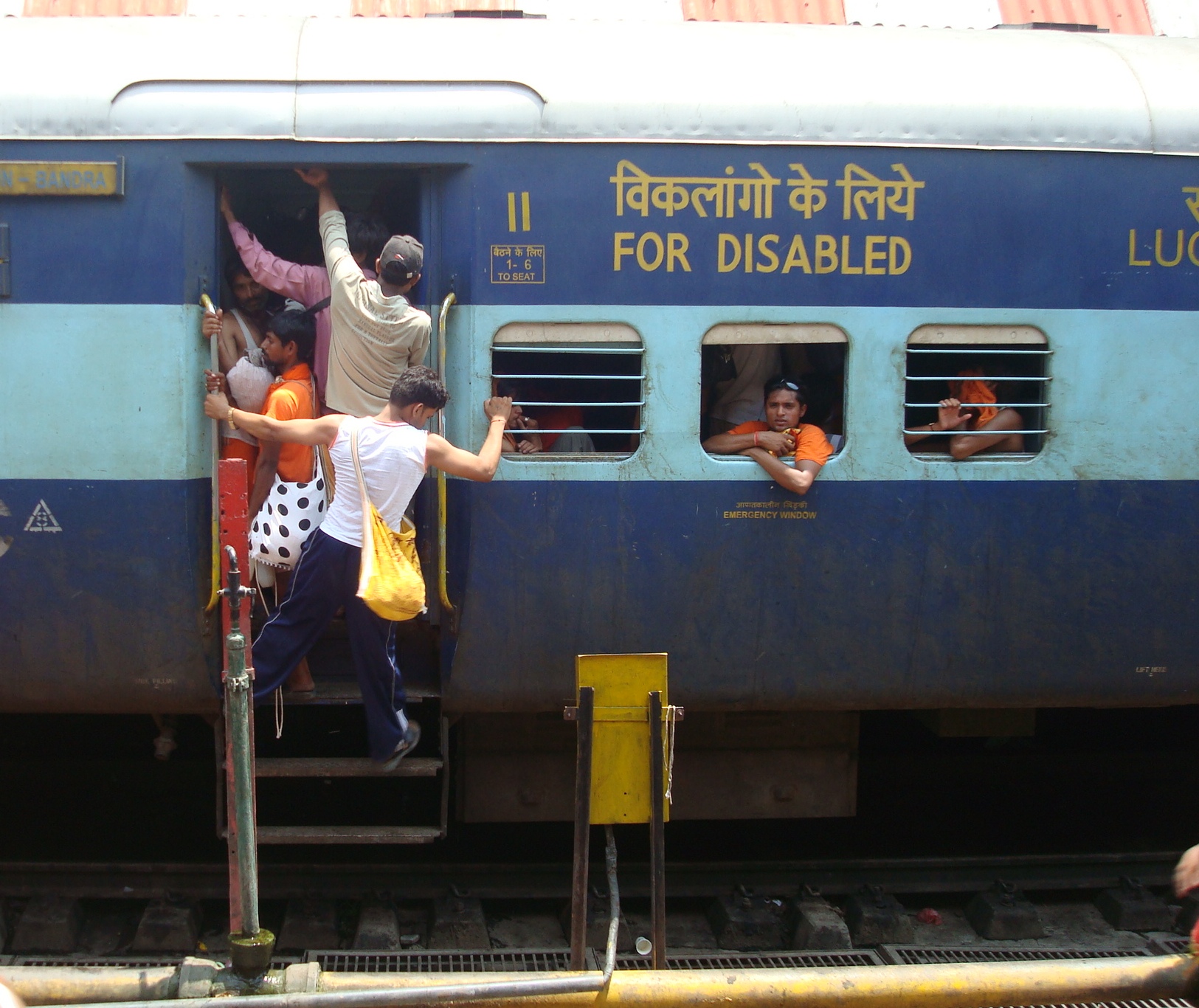
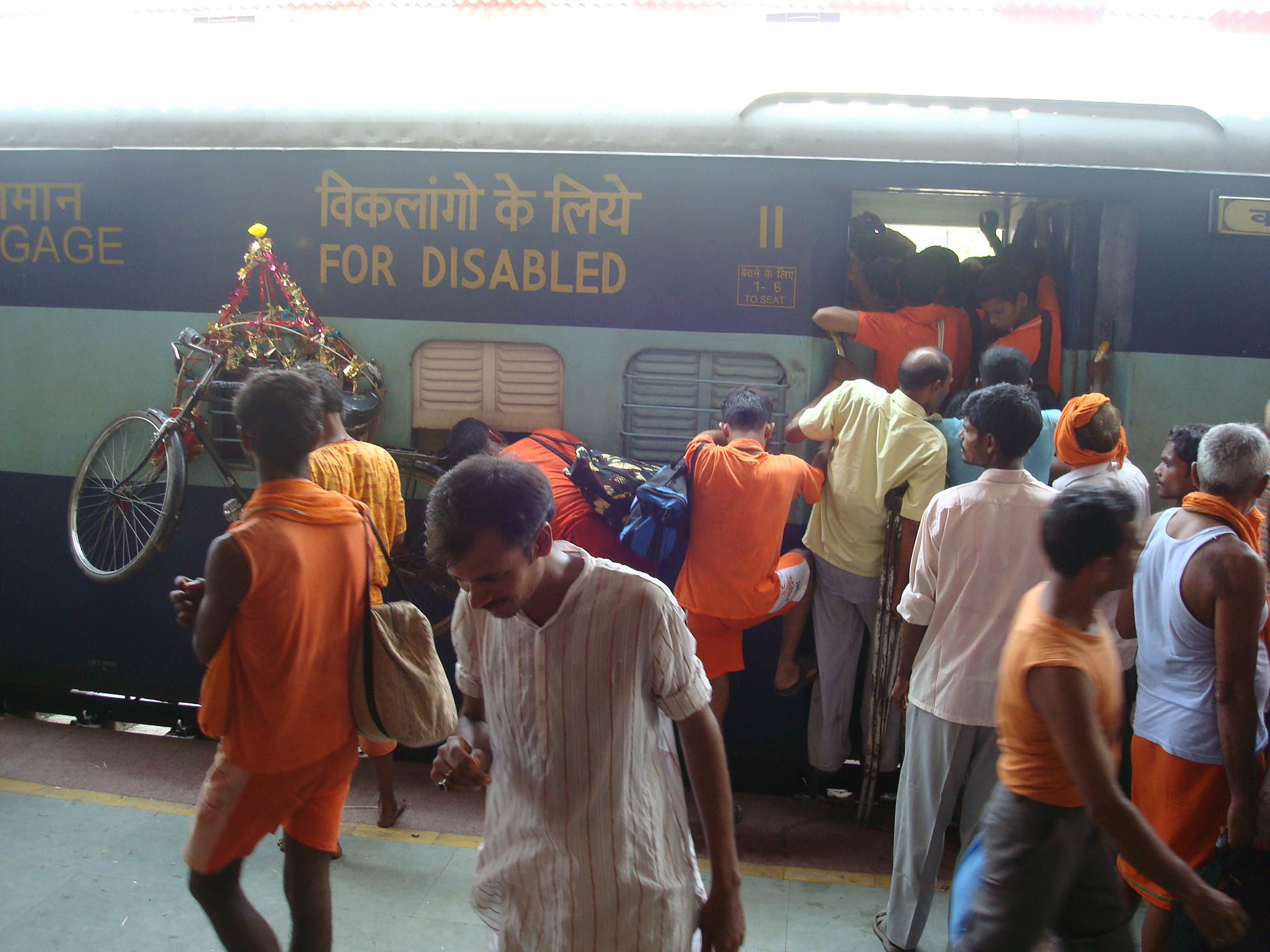
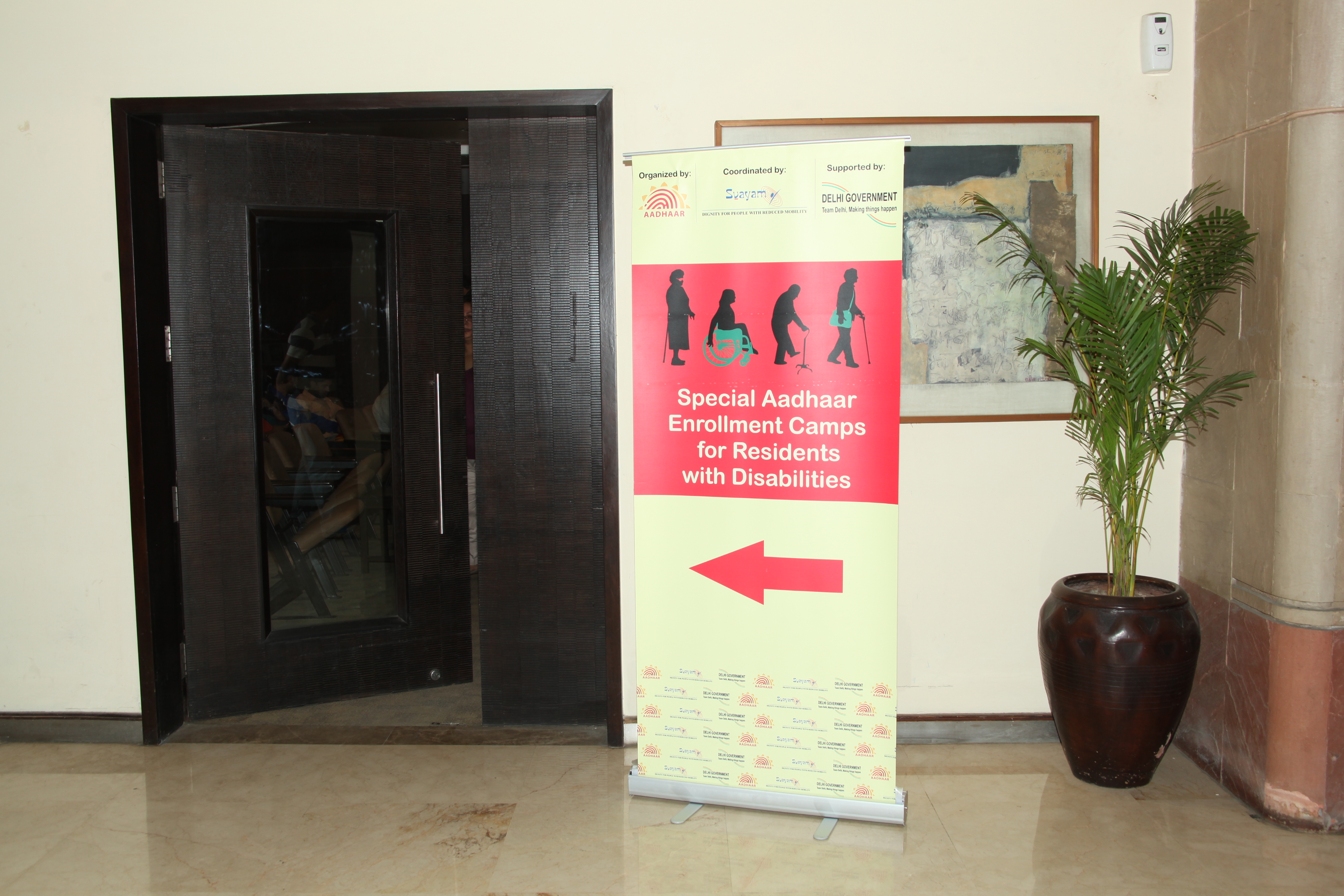
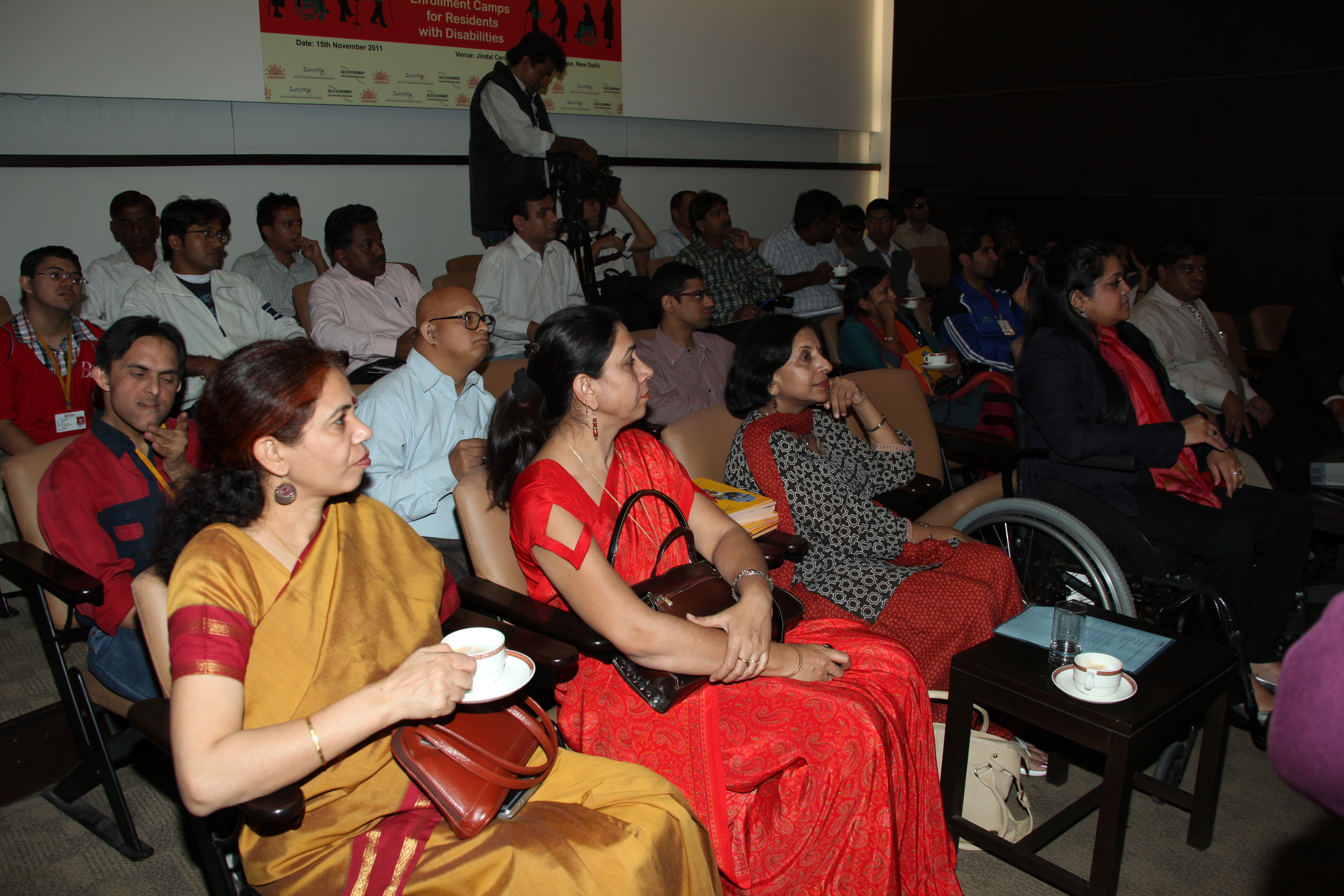
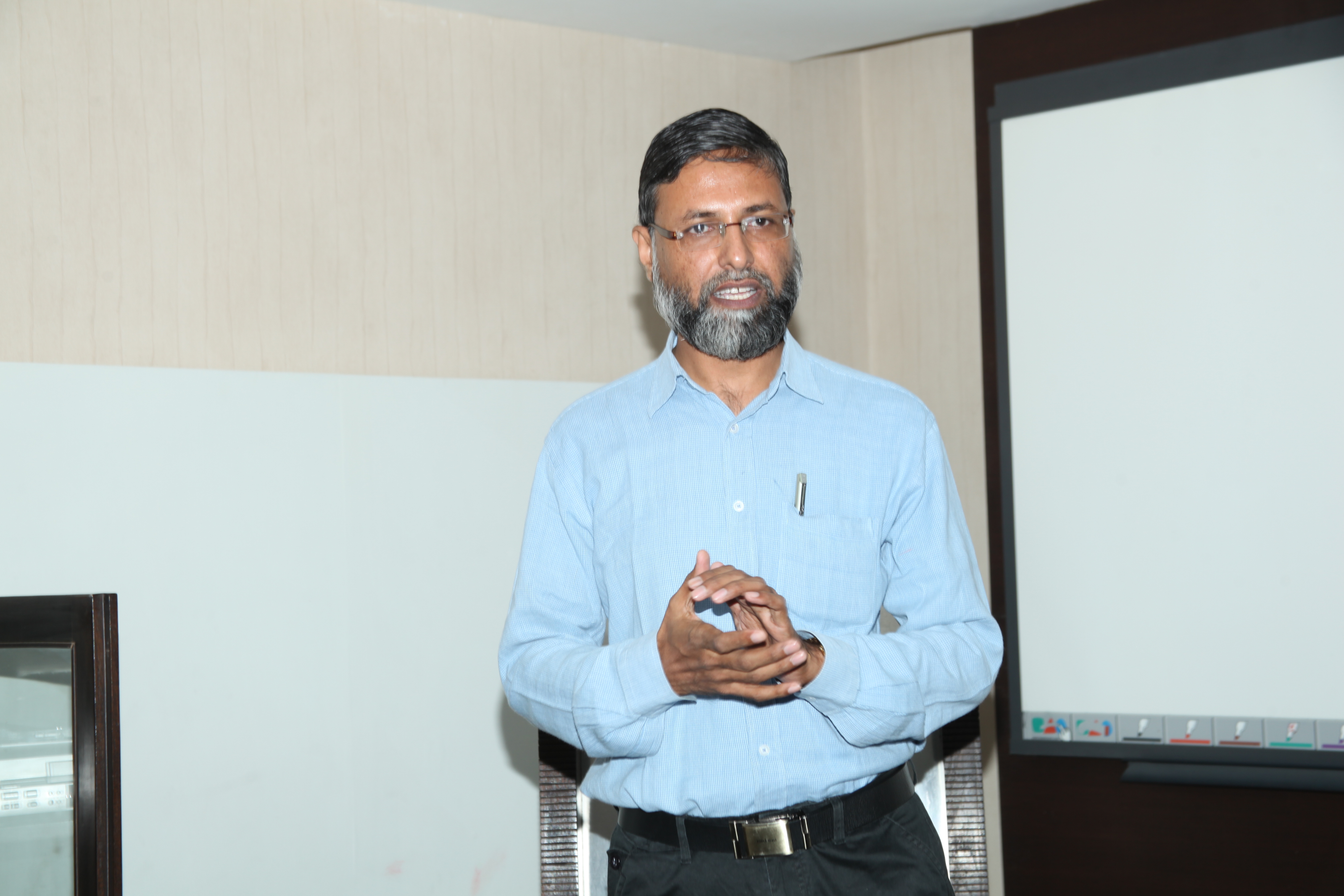
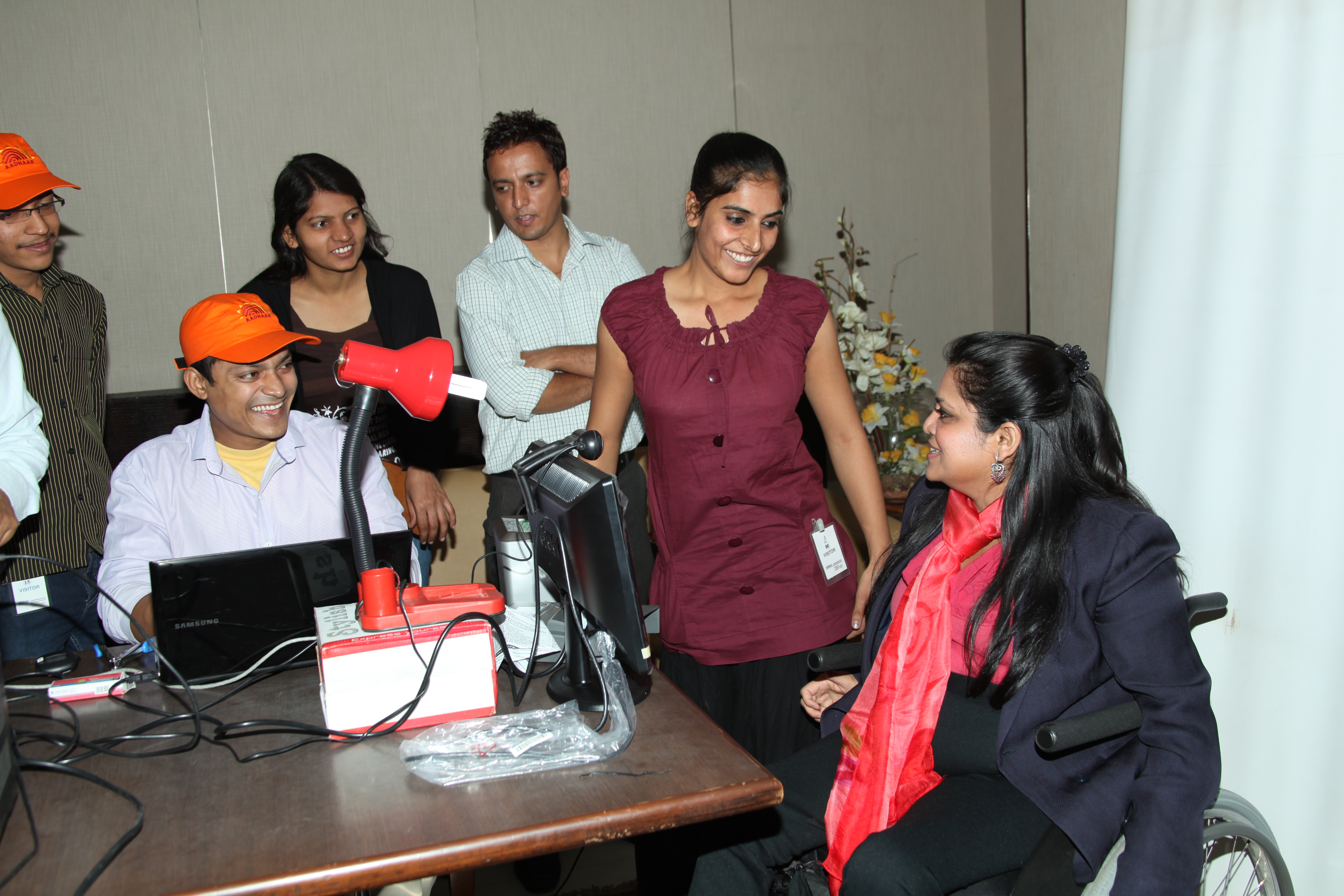
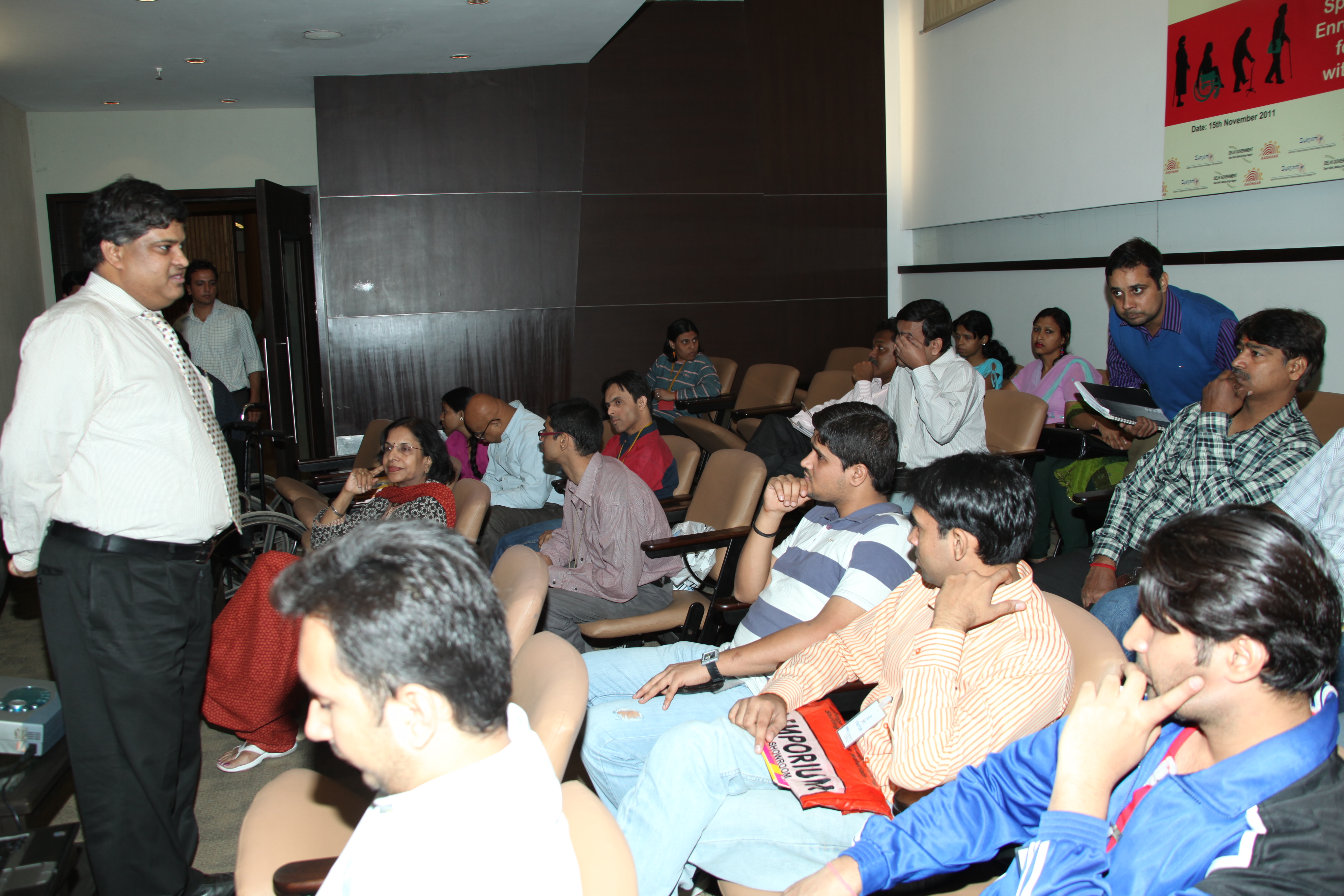
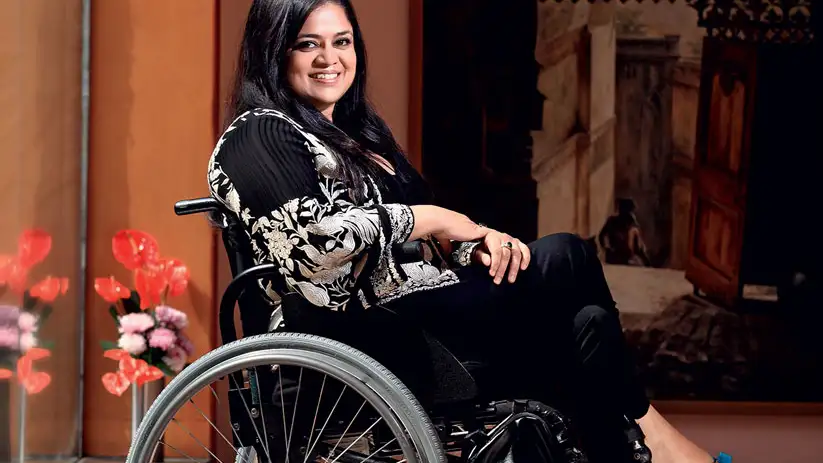
 Born into the Om Prakash Jindal family (her father, Prithviraj Jindal, is one of the four sons of the patriarch), Jindal says she “always wanted to be a part of the business”. Her father is vice chairman of Jindal SAW, and “when my father or grandfather used to playfully tell me that once you grow up, we will get you married quickly, I remember starting to weep,” she says. “When other girls were playing with dolls and creating doll houses, all I wanted to do was sit in my father’s office.”
Born into the Om Prakash Jindal family (her father, Prithviraj Jindal, is one of the four sons of the patriarch), Jindal says she “always wanted to be a part of the business”. Her father is vice chairman of Jindal SAW, and “when my father or grandfather used to playfully tell me that once you grow up, we will get you married quickly, I remember starting to weep,” she says. “When other girls were playing with dolls and creating doll houses, all I wanted to do was sit in my father’s office.” Convincing family was one thing; factory workers did not welcome the idea of working for a woman far younger than many of them. One of her father’s lieutenants was among those most averse to working under her. “He had tremendous talent and constantly screamed at me,” she recalls. But she was convinced that she could turn the factory around, and refused to give way even when he got aggressive. The man was finally moved to a different factory.
Convincing family was one thing; factory workers did not welcome the idea of working for a woman far younger than many of them. One of her father’s lieutenants was among those most averse to working under her. “He had tremendous talent and constantly screamed at me,” she recalls. But she was convinced that she could turn the factory around, and refused to give way even when he got aggressive. The man was finally moved to a different factory. She recalls that a man called Bill ran the factory, who thought little of Jindal’s abilities. “Then one day, I pointed out to Bill that a welding process was wrong because the strength of the flame was wrong. I could see in his eyes that he was dismissing me but he went to check. I was right. I may not be an engineer but I have seen these things from almost the time I was born. It’s in my blood.” Bill came back with a sheepish grin and admitted she was right, Jindal says, and from then things got better.
She recalls that a man called Bill ran the factory, who thought little of Jindal’s abilities. “Then one day, I pointed out to Bill that a welding process was wrong because the strength of the flame was wrong. I could see in his eyes that he was dismissing me but he went to check. I was right. I may not be an engineer but I have seen these things from almost the time I was born. It’s in my blood.” Bill came back with a sheepish grin and admitted she was right, Jindal says, and from then things got better.